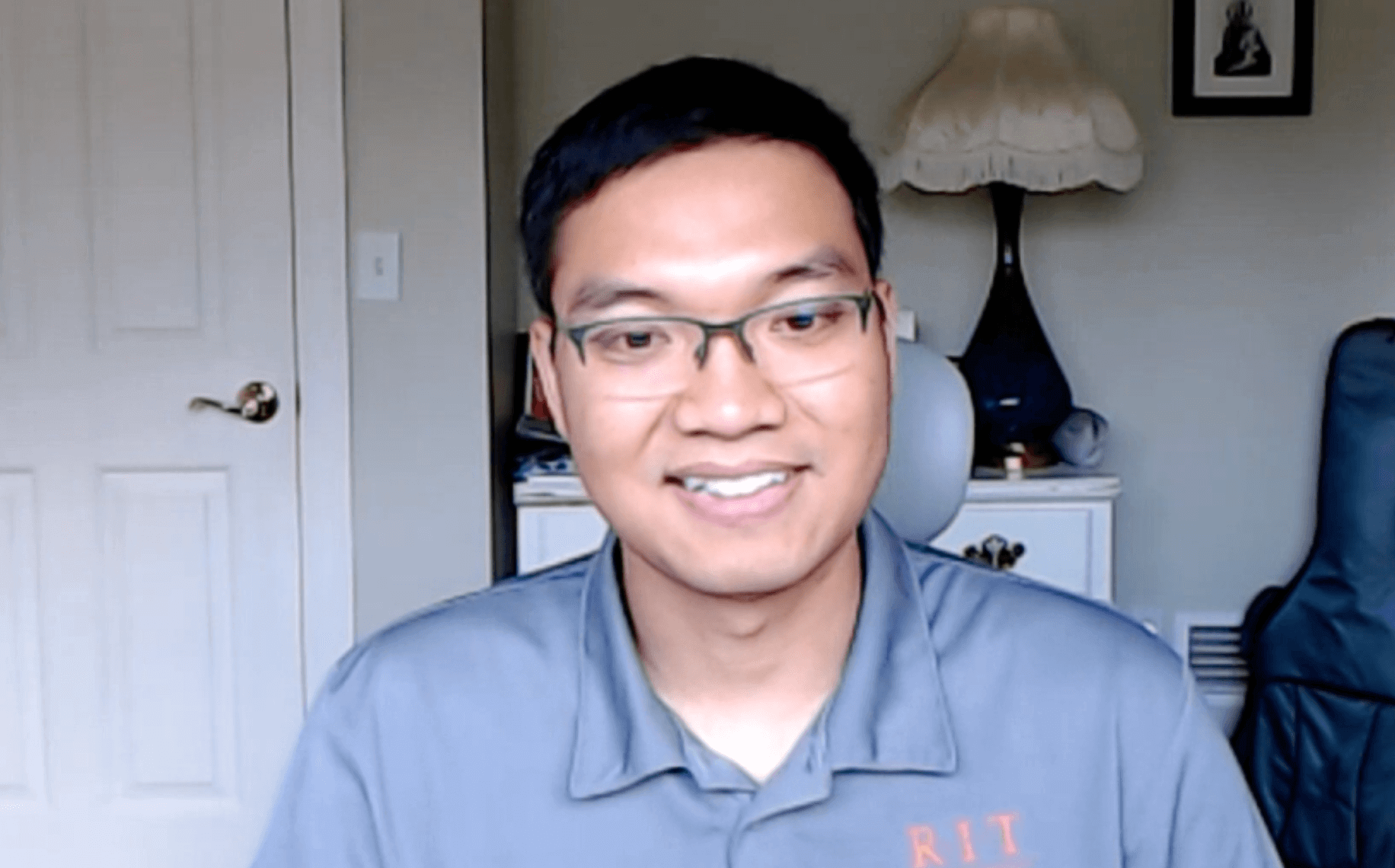Presentation
Dr. Sumantra Sarkar is an Associate Professor of Management Information Systems in the School of Management at Binghamton University. He joined the University in 2014 after obtaining his Ph.D. from Georgia State University, where he was introduced to ERPsim. Before joining academia, he had over two decades of experience in the industry holding senior management positions of large multinational corporations and was a consultant for varied ERP systems implementations. His research focuses on IT governance, health IT, IT security, and accounting education. He was certified in ERPsim level 1 and 2 in 2011 and 2012, has been using the game almost every semester since then and is familiar with most scenarios. As a semi-ERPsim expert, he has also helped other faculty use ERPsim and is one of the rare people teaching accounting with the simulation.
Using ERPsim in Class

Dr. Sarkar teaches graduate students with ERPsim at Binghamton University. He uses the game as the final project for the Accounting Information Systems course for students of the master of accounting. The course is divided into multiple sections based on the different transaction cycles (sales-to-cash, purchase-to-pay, manufacturing). He uses the ERPsim exercises, like cash-to-cash for teaching his students how to navigate SAP in a non-time pressured environment. During the last two to three weeks, when his students know how to use an ERP, he uses the ERPsim manufacturing extended game, where students form teams and make decisions in a real-time environment.
In the summer, Dr. Sarkar teaches a 5-week, Introduction to Information Systems course for MBA students. Because of time constraints, he used the ERPsim distribution game (now discontinued). This class is organized the same way as the Accounting Information Systems course, with the ERPsim distribution game at the end.
For his Accounting Information Systems course, Dr. Sarkar mainly focuses on the accounting aspects of the sales-to-cash (revenue cycle), purchase-to-pay (expenditure cycle) and manufacturing (conversion cycle) aspects of the game. He doesn't use all of the material provided by the Lab for the same reason and primarily uses the exercises, the job aids, some parts of the book, and his own developed material.


Dr. Sarkar's favorite part about ERPsim is that it enables him to use real-life scenarios, to teach how IT-enabled business processes are integrated with each other, with examples of inventory management in a retail company, and use data extracts to explain how data informs decision making. He also likes the teamwork aspects of the games, where students learn how to distribute work between the team members in a real-life project.
The first thing he tells his students is to be patient. Dr. Sarkar loves the "Aha" moment his students have after understanding how all the functions in an organization (in the game) tie-up together. Even though most of them usually work for the Big 4 auditing firms after graduation, he is proud to have convinced some of them to take IS as a major after taking his course.
DOs
Get yourself trained and start slow. Take small steps and use the simpler versions of the games when you start teaching.
Try the game within a TA environment first and ask the TAs for feedback. They will be the ones getting questions from the students the most.
Accept help from seniors and colleagues. They are always glad to help.
Use the pause feature of the game when questions arise, and let the rest of the class participate in the issue solving process. Students learn from each other and might come up with the solution on their own.
DON'Ts
Do not try using all features of the game or the ERP to start with. You will be overwhelmed.
Do not expect the TA to have all the answers. You need to sit with them and find answers [I can bet you will not know all answers yourself :-) ]
Do not try a new version straight in the class. Try it out yourself. There is a huge chance that some things have changed from the last version
Using ERPsim in Research
Dr. Sarkar has been collecting ERPsim game data for the last couple of years and is working on a teaching case project with ERPsim as a backend.
Publications
Data analytics through a game: Introducing students to ERP and interpreting data analytics
Annual Meeting of the American Accounting Association (AAA), San Francisco, CA, August 9-14, 2019



